As we age, maintaining a healthy weight becomes more challenging—but it’s far from impossible. For seniors looking to burn fat safely and sustainably, weekly meal prep offers a powerful, low-impact solution. Combined with simple daily habits and evidence-based nutrition, this approach supports metabolism, muscle retention, and long-term wellness—without intense workouts or restrictive diets.
Consistency is key when it comes to fat loss, especially for older adults. Weekly meal prep removes the daily stress of deciding what to eat, reduces impulsive food choices, and ensures balanced nutrition. Studies show that individuals who plan and prepare meals in advance are more likely to maintain a healthy weight and consume fewer calories overall.
For seniors, this means fewer trips to the kitchen, better portion control, and improved energy levels—all without the need for high-intensity exercise.
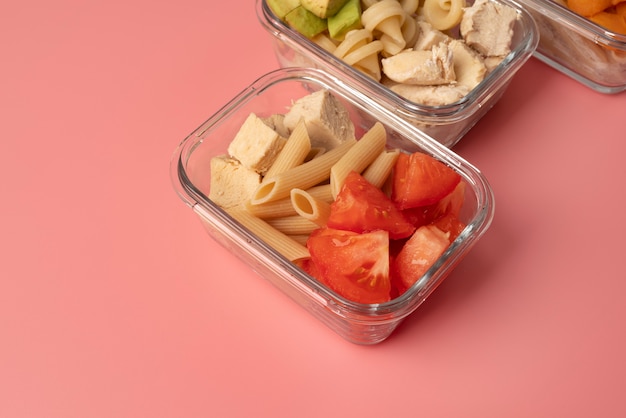
Metabolism naturally slows with age, and muscle mass declines—a condition known as sarcopenia. However, research confirms that proper nutrition can counteract these changes. A diet rich in high-quality protein, fiber, and healthy fats helps preserve lean muscle, supports satiety, and stabilizes blood sugar.
According to the National Institute on Aging, older adults need about 1–1.2 grams of protein per kilogram of body weight daily to maintain muscle. Pairing this with regular, gentle movement—like walking or chair exercises—can significantly improve body composition over time.
You don’t need hours in the kitchen. A 15-minute weekly prep session can set you up for seven days of healthy eating. Here’s how:
This minimalist approach reduces decision fatigue and supports long-term adherence—critical for sustainable fat loss.
Meal prep is just one piece of the puzzle. Pair it with these simple, low-impact habits:

| Day | Breakfast | Lunch | Dinner |
|---|---|---|---|
| Monday | Oatmeal with berries and almonds | Grilled chicken salad with olive oil | Baked salmon, quinoa, steamed broccoli |
| Tuesday | Greek yogurt with chia seeds | Turkey and avocado wrap in whole grain tortilla | Lentil soup with side of roasted carrots |
| Wednesday | Scrambled eggs with spinach | Quinoa bowl with chickpeas and veggies | Grilled tofu with brown rice and green beans |
Fat loss after 60 doesn’t require extreme measures. With a smart weekly meal prep strategy, simple daily habits, and science-backed nutrition, seniors can achieve lasting results safely and comfortably. The goal isn’t rapid weight loss—it’s improved energy, strength, and long-term health.
Start small, stay consistent, and let healthy routines do the work.

Wellness

Wellness

Wellness

Wellness

Health

Wellness
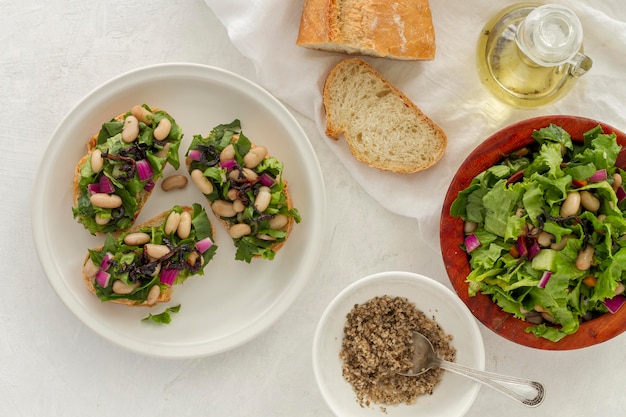
Health
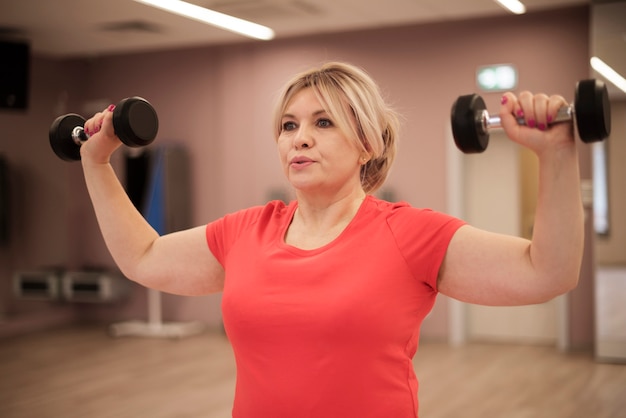
Fitness
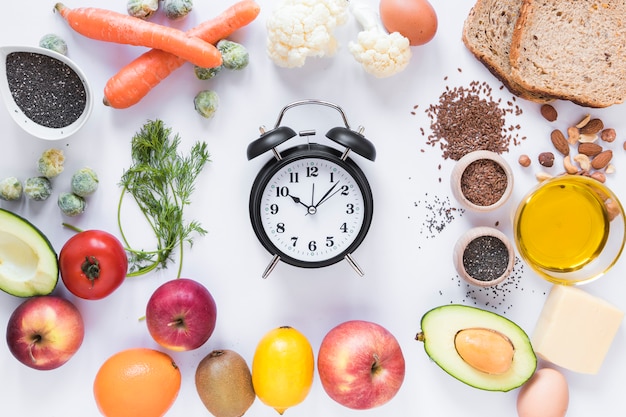
Health

Wellness
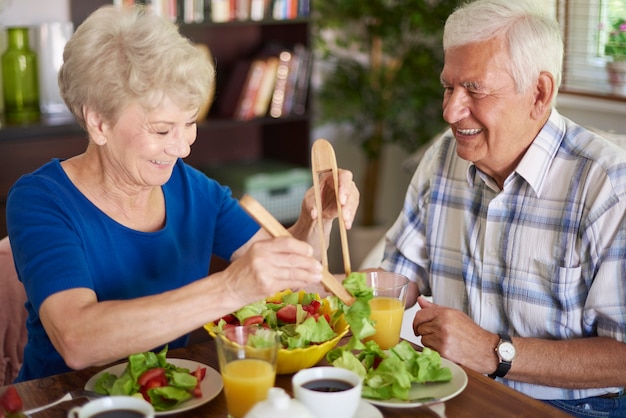
Wellness
Health

Health

Fitness

Health

Health